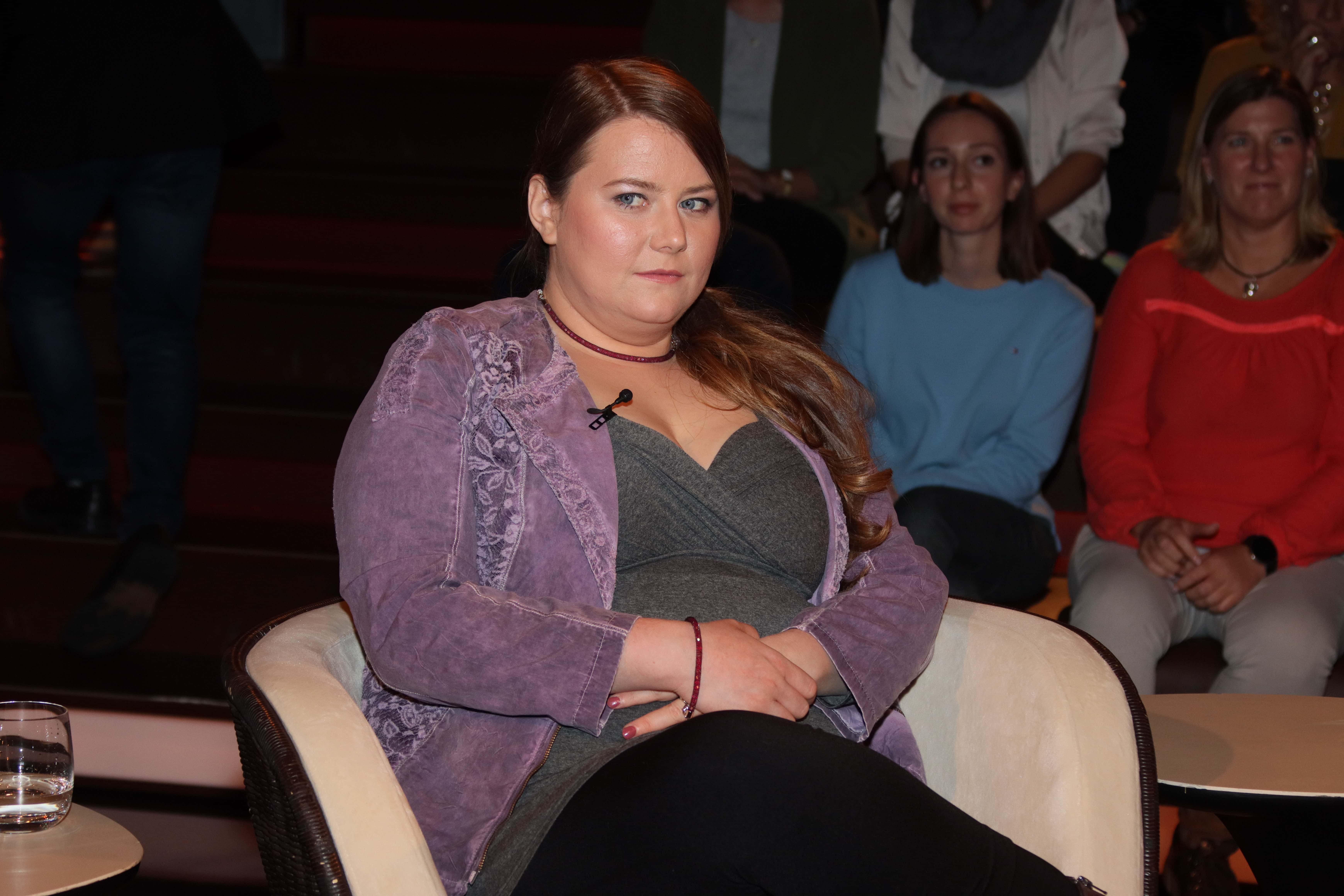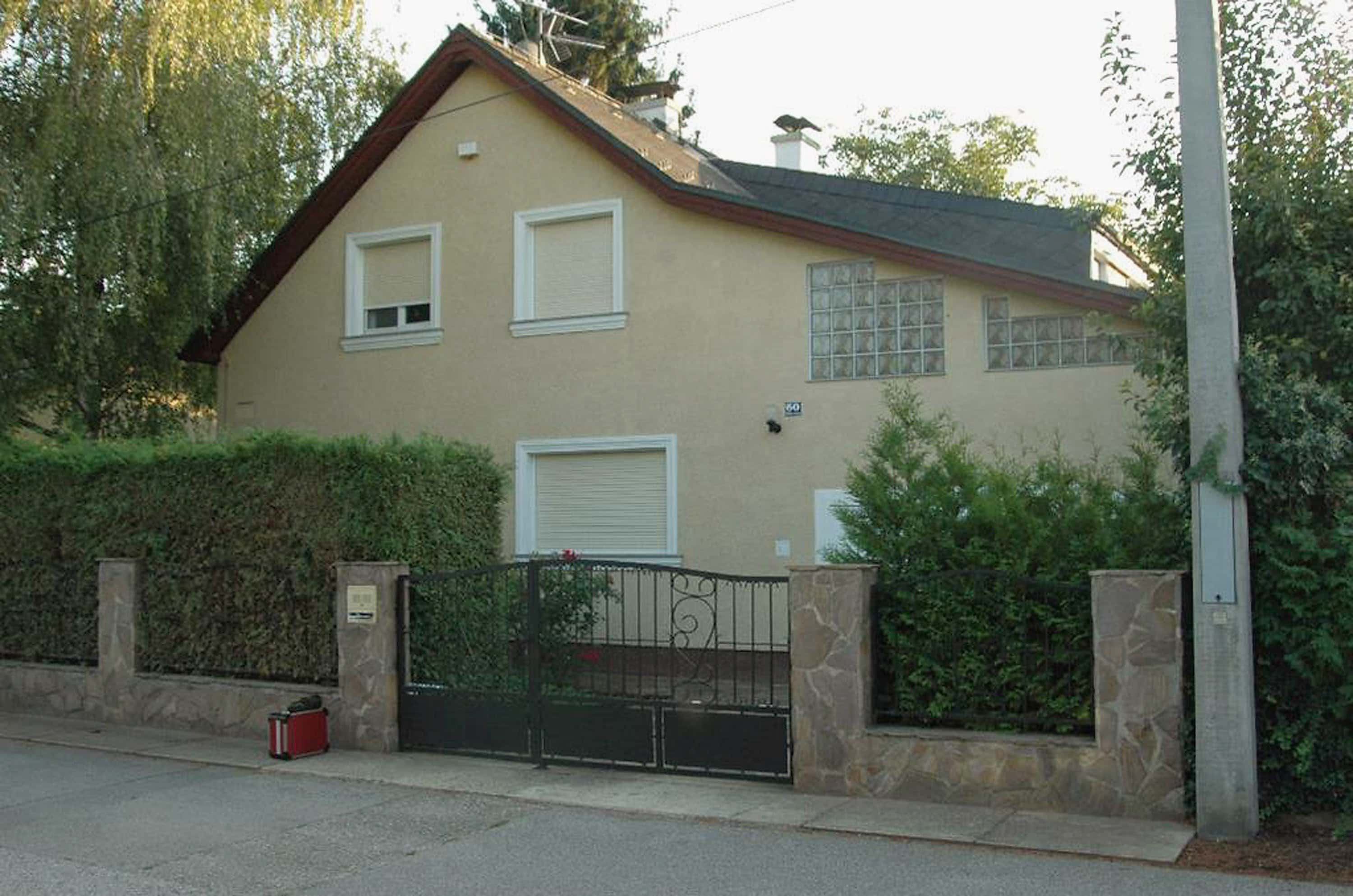Who is Natascha Kampusch? Girl, 10, who was abducted and raped for 8 years reminiscent of Elisabeth Fritzl case

After Lifetime's new feature film, 'Girl in the Basement', premiered over the weekend, details about the Elisabeth Fritzl case resurfaced, where an Austrian girl was coerced, imprisoned and raped for 24 years by her own father till she escaped in 2004. The chilling story of sexual abuse and being impregnated by her father repeatedly reminded one of a similar case of another Austrian girl, Natascha Kampusch.
Just like Fritzl, Kampusch too was kidnapped, but not by a family member. In 1998 at the age of 10, she was living with her family in Vienna's Donaustadt district. She was abducted on her way to school and was held captive for eight years by Wolfgang Přiklopil, a communications technician, below his garage, until her daring escape in August 2006.
READ MORE

How did Natascha Kampusch escape?
Kampusch stayed in a small, soundproof and windowless, 50-sq-ft cellar underneath Přiklopil's garage in his home in the town of Strasshof an der Nordbahn for the first six months of her kidnapping, Oxygen reported. After a few years, her kidnapper allowed her to go inside the house for a few hours during the day. However, when Přiklopil was at work and during the night, she would have to return to the cellar.
After her 18th birthday, she was allowed to leave the house with her kidnapper, but she was reportedly warned not to try to flee as the windows were booby-trapped with explosives and that he claimed he possessed a gun. Kampusch was eventually also allowed on excursions into town with her captor, and at one point accompanied Přiklopil on a skiing trip. When she was vacuuming Přiklopil's car in August 2006, she finally got the opportunity to escape her captor. When he was distracted by a phone call, she used the opportunity to run, eventually finding a neighbor who called the police.

Did Natascha Kampusch fall in love with her captor?
Kampusch was raped, beaten and starved during her years in captivity. Even though she said "it was a place to despair", many members of the police and public have doubted her story, suggesting that she might have become fond of Přiklopil over the years.
In statements made after her escape, she said that she was given books, a television and a radio, so she was able to educate herself, and that she was at times allowed to eat breakfast with her captor. After learning of his death by suicide just after her escape, Kampusch even referred to Přiklopil as a “poor soul” and said she felt sorry for him. Nevertheless, the investigators handling Kampusch's case have also had their share of criticism and scrutiny, as an independent probe into the case found that they had reportedly questioned her captor early on in the kidnapping investigation but didn't adequately follow up on him.

'Online abuse became a part of my everyday life'
In a 2019 interview with BILD, Kampusch, who presently lives in Vienna, said that even after years of her case grabbing headlines across the world, she was still the victim of frequent cyberbullying. She added that the police hadn’t taken her complaints seriously. "(After escaping), online abuse became a part of my everyday life. There were times where I didn't even go out anymore because the abuse was so bad," she told the outlet.
Kampusch is also now the owner of the house in which she was imprisoned, handed over to her after Přiklopil's death. She told the outlet that she faced difficulties when she wanted to sell it to a group of refugees. The town's mayor and residents opposed her endeavor. In 2010, a book about her ordeal, '3,096 Days' was published. In 2013, a German film of the same name was based on the book.










